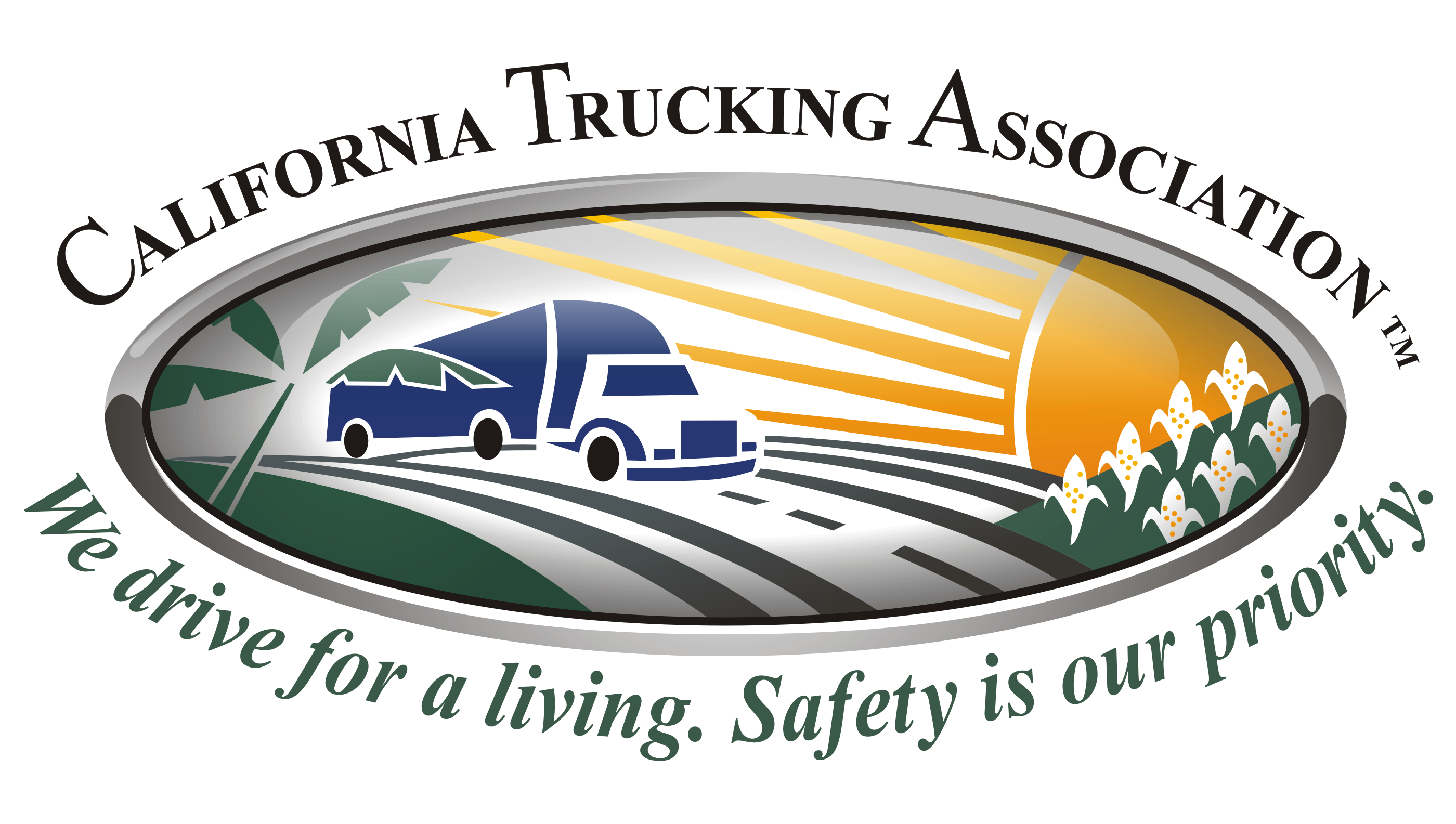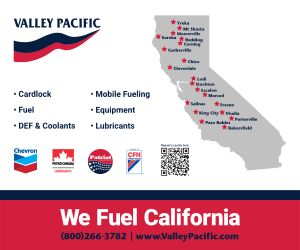
WEBINAR: Has California Revived Piece-Rate Compensation?
Wednesday, March 24, 2021 (1:00 PM - 2:00 PM) (PDT)
Description
WEBINAR
Has California Revived Piece-Rate Compensation?
Wednesday, March 24, 2021
1-2pm
Presented by CTA Legal Partner
Complimentary event!
A confirmation email will be sent via Zoom after completing the registration process
California law requires every hour worked to be paid at minimum wage or above. A number of California federal district courts and California Courts of Appeal held that a corollary to this law was that employers cannot meet minimum wage requirements by dividing an employee’s total compensation by his or her total hours, i.e., the minimum wage cannot be met by “averaging.”
For piece-rate compensation in the trucking industry, this has meant that every task must be paid separately such that, regardless of how much a driver earned by driving in a particular hour, any non-driving tasks performed in that same hour had to be paid separately or the carrier would risk being hit with a class action for violating California’s minimum-wage laws.
In a recent decision, the California Supreme Court held an employer could use averaging to meet minimum-wage requirements provided the employee’s contract did not promise a particular rate of compensation for a particular hour. At the same time, but separately, a federal district court in California came to the same conclusion, and that decision is presently before the Ninth Circuit. In both decisions, the courts emphasized the importance of the contract in determining whether non-hourly (or task-based) compensation complied with California law.
Key Takeaways will Include:
How to draft a piece-rate compensation policy in compliance with California law as recently declared by the California Supreme Court.
Additional steps a motor carrier might take to ensure its compensation policy is not the subject of a class action.
About the Presenter:
Richard Rahm, Partner, DLA Piper LLP
Richard Rahm counsels and represents employers primarily in the trucking industry in state and federal class and collective actions, appeals and arbitrations. He is a resident of the San Francisco Office of DLA Piper, a full-service law firm with offices in over 40 countries.
Richard obtained his B.A. from UCLA, his M.Litt. from Oxford University, and his J.D. and Ph.D. from the UC Berkeley School of Law.
Webinars














